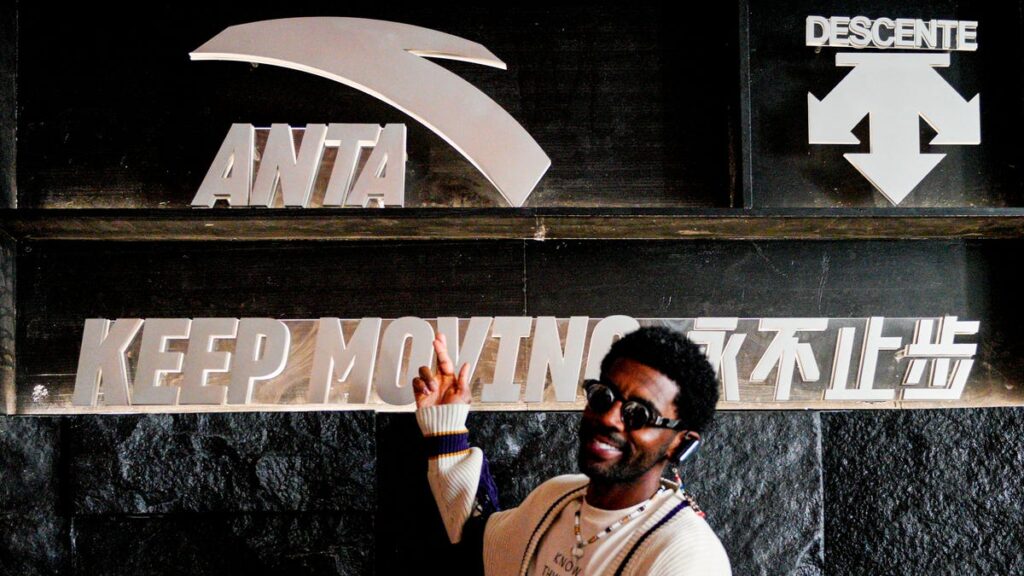When the U.S. is at war with China in 20 years, on the list of microaggressions that incited the conflict will surely be NBA-China relations. The Association’s dealings in the People’s Republic of China are so well-documented and lucrative that they created in-roads for its players, who may not realize the complexity that comes with doing business with companies overseen (or run) by the PRC. And if you ever need someone to remind you that making money in foreign countries needs to be on the up-and-up, Congress is that person.
Commissioner Adam Silver responded this week to a letter from the Congressional-Executive Commission on China about problematic apparel companies and athletes endorsed by them. The letter, sent in early November to the NBA and the NBPA, is a pretty fascinating read and features a list of questions that, asked consecutively, make it damn near impossible to feel good about doing business in China at all.
I’m not going to call the letter more political grandstanding, because it focuses on Uyghur Muslims in China. The United Nations said the situation involving the group “may constitute … crimes against humanity,” and the US categorized China’s treatment of Uyghurs as genocide. What I will say is: What does Congress expect the NBA to do about it?
If everyone who earns a dime in the PRC was as diligent as the Congressional-Executive Commission on China wants them to be, there would be no business with China. The league is rooted in China deeper than any of its employees. When Kyrie Irving accepted an executive position at ANTA, one of the companies specifically targeted in the letter, do you think he asked himself: Am I in business with someone who is sourcing cotton from regions where Uyghur Muslims are facing genocide?
The shoe company, which also has deals with Klay Thompson, Gordon Hayward and other NBA players, is valued at $30 billion. Does any company worth that much have clean hands, especially one in China? Seeing as the NBA also operates in the PRC and makes roughly $5 billion per year from its partnership, my guess is it possesses closets full of skeletons.
David Stern was a businessman who took over the NBA in the late ’80s. Do you know how easily corruptible businessmen were in that time period? They were consistently the bad guys on Captain Planet. “Moguls” like Donald Trump and Jordan Belfort made their “fortunes” during that decade.
The NBA is no more or less morally corrupt than the next professional sports league. The collective approach to capitalism is: If we refuse to do business with villains, we’d have almost no one to trade with.
Silver can say the league “condemns human rights violations anywhere” all he wants (and I believe that he thinks the league does), but seemingly every industry violates human rights. Unless you’re making your own soap and clothing, and hunting and gathering for food, chances are a person somewhere got stepped on to sustain your well-being.
The NBA isn’t going to drop the hammer on Irving, or any of its Chinese-sponsored players, for taking money from Chinese companies, because that would potentially jeopardize a precious revenue stream. What the NBA should do is provide its players with the same blueprint it uses for international growth, because it cornered the market on unfettered expansion years ago while also managing to keep its association with unsavories low-key.




